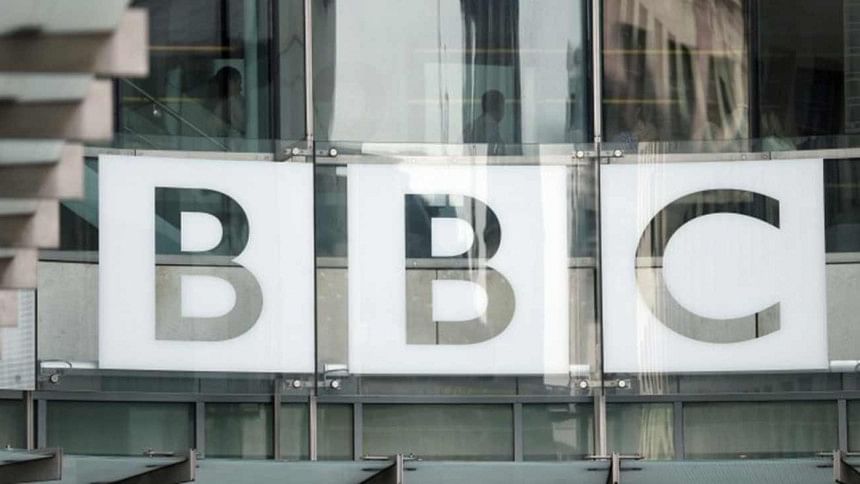BBC to cut more than 1,000 jobs

The BBC is to cut 1,000 jobs because of a £150m budget gap in its licence fee income.
An unexpected increase in the number of households saying they do not watch live TV so do not pay for a licence has been blamed for the shortfall.
Many cuts are to come from professional and support areas, while management structures will be streamlined.
BBC director general Tony Hall says this will save around £50m a year so more cuts will come.
Lord Hall said the BBC was facing "difficult choices" because of the tough financial climate.
He said more than one million fewer people had a television set than was predicted in 2011, when another round of efficiency savings were implemented, so extra savings had to be found.
"Despite the progress already made, and the realities of the licence fee being frozen for seven years, a new financial challenge means additional savings must now be found," he said.
'Tough message'
He added decision-making had become too complicated in recent times, as new services have been introduced, and that he wanted to cut these back to make things simpler, which "inevitably would lead to fewer decision-makers".
Professional and support departments such as IT, human resources and engineering will be looked at closely to see where there is duplication, with the possibility of merging divisions across the BBC and its commercial arm, BBC Worldwide.
In announcing more than 1,000 jobs cuts, Lord Hall said he recognised "this is a tough message".
He said the BBC was already making £1.5bn in savings every year, but because of the shortfall in licence fee income, more needs to be done.
The four key areas for making the savings are:
- Merging divisions, bringing together teams in BBC and BBC Worldwide
- Cutting out management layers, reducing management levels from 10 to seven
- Reducing management roles, bringing down the number of senior positions
- Simplifying procedures in professional areas including legal, marketing and finance
The BBC licence fee of £145.50 has been frozen for seven years, and the process of charter renewal is getting under way, which will decide how the BBC is run when its current royal charter runs out at the end of 2016.
Broadcast union Bectu said while it supports the BBC's ambitions of "simplification and standardisation", it is opposed to any compulsory redundancies.
General secretary Gerry Morrissey said: "We welcome the aims and the commitment to cutting the layers of management between the DG and programme makers, for example.
"That said it is essential, as in any programme of cuts, that staff and unions are fully involved in the consultation and that where jobs are closed that redeployment opportunities are maximised."

 For all latest news, follow The Daily Star's Google News channel.
For all latest news, follow The Daily Star's Google News channel. 



Comments